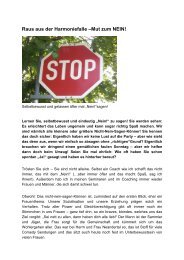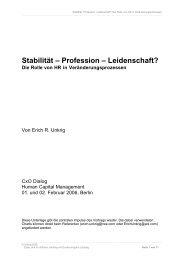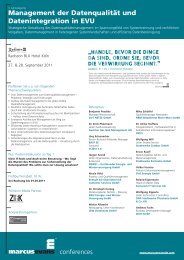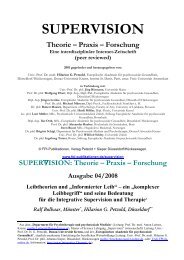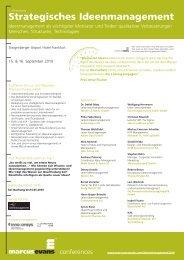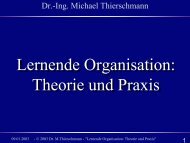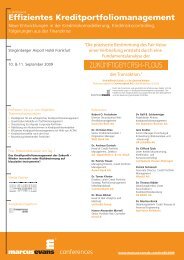Ilia Chavchavadze - brainGuide
Ilia Chavchavadze - brainGuide
Ilia Chavchavadze - brainGuide
You also want an ePaper? Increase the reach of your titles
YUMPU automatically turns print PDFs into web optimized ePapers that Google loves.
Summary<br />
with one another and each of them fears the unforeseen danger from the<br />
others. This is the condition, when even the strongests cannot feel safe<br />
and they often are victims of treachery of the weaks. That is why, accor-<br />
ding to Hobbes, in this „natural state“ each one fights against another,<br />
being forced and not by his own will, for it is the only way to survive.<br />
The permanent threat and the continuous distrust make it inevitable to<br />
reach a stable compromise with the sides resp. to form a political system.<br />
In other words, Hobbes regards the necessity to overcome the unbearable<br />
disorder of social relations as the „inner“ reason for the origin of the<br />
state. The „outer coming“ necessity, as a cause for the origin of the state,<br />
according to Hobbes, then as to Hegel, is the rule of a constant danger of<br />
foreign tribes attack. The members of the society become compelled to<br />
find an effective form of united relations with the reason of self-defense<br />
and this can be achieved once more only by formation of the politically<br />
organized society.<br />
Hobbes’ discussing point of view is regarded in the work as contradictory.<br />
If we use in his first postulate presented logic („the necessity to<br />
overcome inner social hostility“), according to the next one („the necessity<br />
to overcome the outer-coming danger“), uniting of individuals in political<br />
societies had to be followed by uniting of states: If threat and aggression<br />
transformed the „natural state“ into a society of political construction,<br />
the states on their part would be in the distant historical past<br />
integrated in the same way in a evolutionally higher union, because the<br />
threat and the aggression in their relations appeared also constantly and<br />
with a larger scale than in the simplest relations between the individuals<br />
of „natural state“. In general, from the here actual point of view, it is also<br />
obvious that according to I. <strong>Chavchavadze</strong> the origin of the state is the<br />
result neither of inner nor of outer „all-embracing“ enmity, but the means<br />
to intensify the social relations as such.<br />
Kant’s views about the genesis of the state are based, on the one part,<br />
on the principles of Hobbes’ „public danger“ and on the other part, on<br />
126



